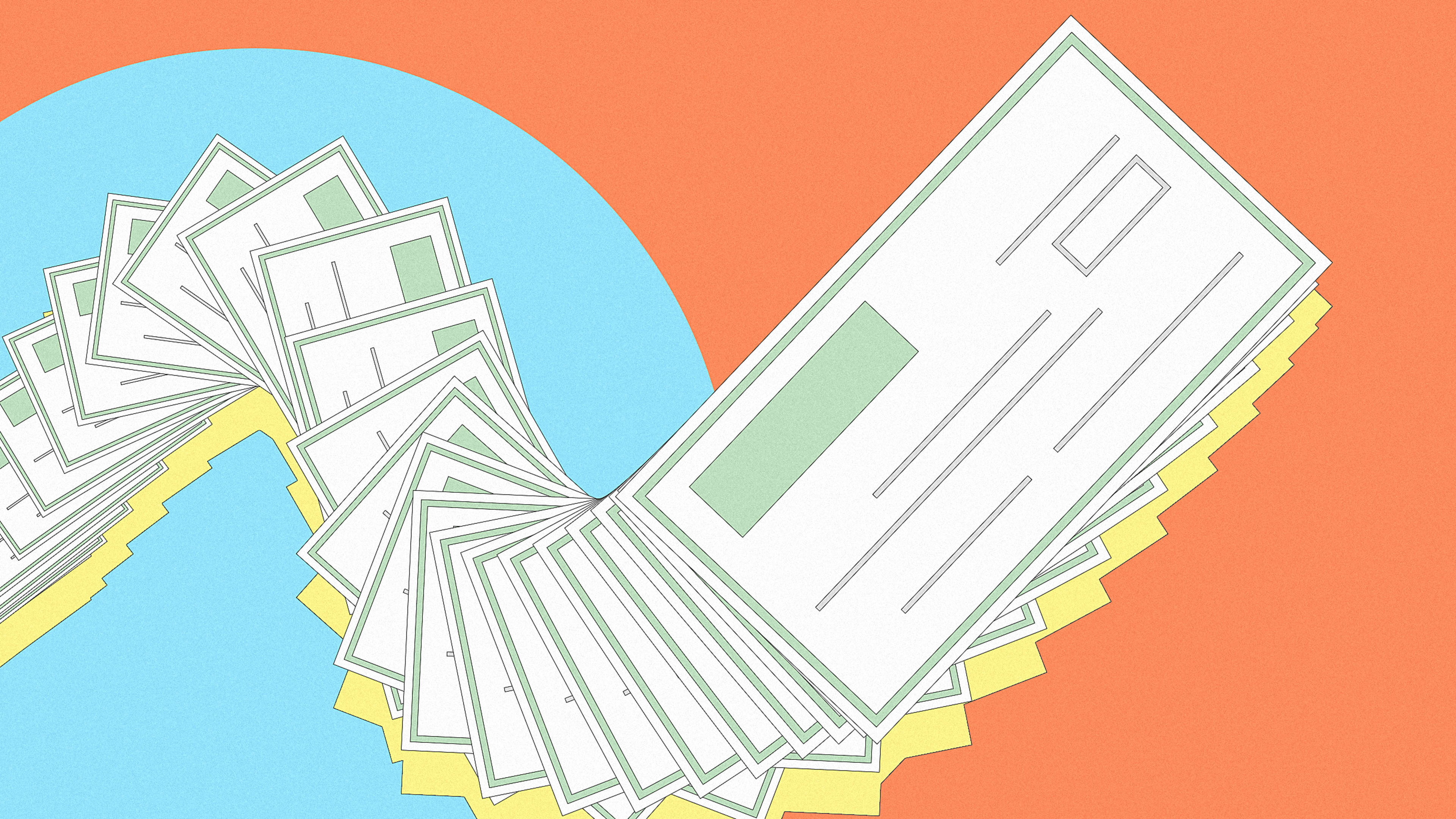Small businesses have already cut millions of jobs because the coronavirus crisis forced them to close and they could no longer pay salaries. But an important piece of the $2 trillion coronavirus relief bill signed last week—a $350 billion “paycheck protection program”—will use government funds to help pay salaries so more people can stay on payrolls, and others can be hired back.
Small businesses fill out a simple application, and then can get loans that will be fully forgiven if they’re used to keep employees on payroll or quickly rehire those who have just been laid off. It covers up to eight weeks of payroll costs, including benefits. A smaller part of the loans can also be used to cover interest on mortgages, rent, and utilities.
“I think it’s really important because, one, it keeps people attached to their job,” says Elise Gould, an economist at the nonprofit think tank Economic Policy Institute. “It keeps money flowing to them, so that they can pay their bills. And when we get on the other side of this pandemic, then basically an employer could just say, ‘Okay, now come back to work.’ You can have a much faster recovery, instead of if all these millions of workers had been laid off.”
The program is similar to one in Denmark, where the government will partially cover the salaries of workers who would have otherwise been fired, for three months. “The U.S. just went full Denmark on payroll support,” one political economy professor tweeted. “Except better (assuming quick expansion to large corps).”
“I think of it as encouraging businesses to hoard their labor,” Gould says. “You want them to use this money to help pay [workers] while they’re not actually going to work, and just keep holding onto them. It’s just not something that I think people are used to thinking about, so we’ve had so many layoffs so quickly over the last couple of weeks that I think some other countries have been able to avoid, either because the legislation was in place faster or because they expected to have this support for their workforces.”
“This has the potential to be really important, and really useful,” Gould says. “Unlike some of these, the large corporation aid that’s in this package, which is not clear is even required to go towards payroll—you don’t know where that money is gonna go. That [aid for corporations] has the potential to be incredibly inefficient and could go towards executives or stockholders. This seems very well targeted to help preserve the viability of these businesses and to help support the workers in the meantime.”
Correction: We’ve updated this article to reflect the accurate size of the coronavirus relief bill and the paycheck protection program.
Recognize your brand’s excellence by applying to this year’s Brands That Matter Awards before the early-rate deadline, May 3.
